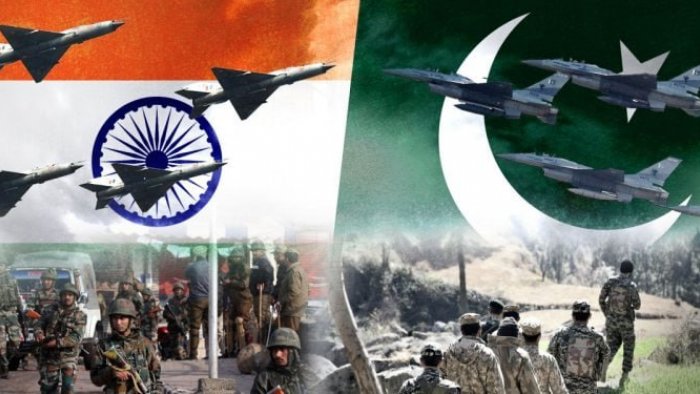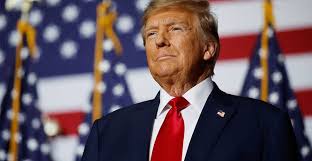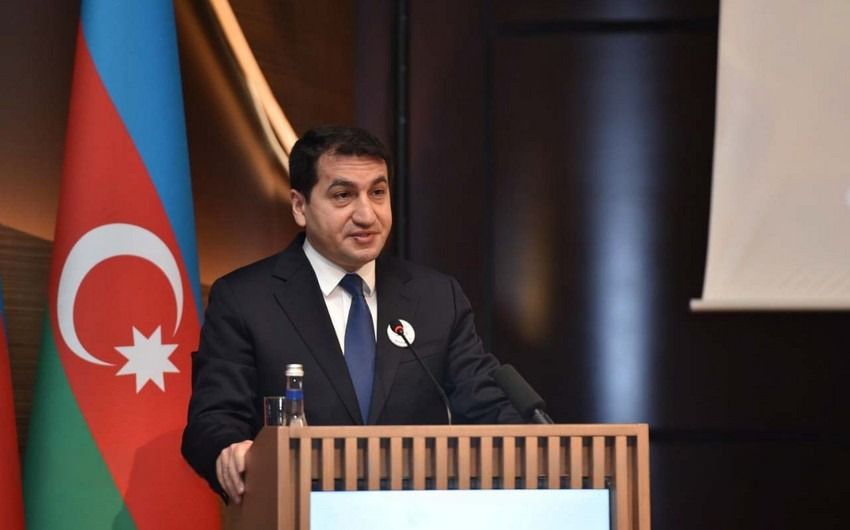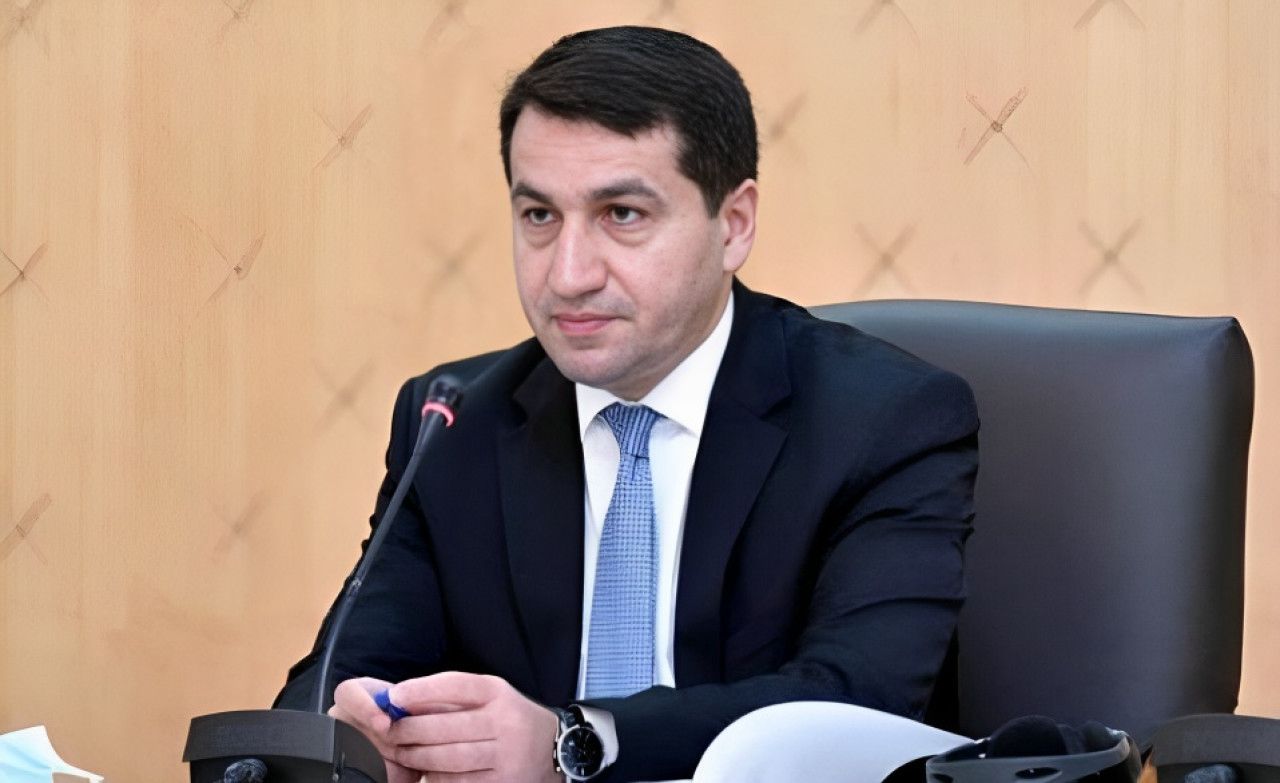Since 1947, the ongoing tensions and conflicts between India and Pakistan have threatened not only those two states but the security and stability of the entire South Asian region. This dispute extends far beyond mere border demarcation: it encompasses complex cultural, religious, economic, and strategic dimensions. The single most intractable and unresolved issue between the two countries is the status of Jammu and Kashmir. For both India and Pakistan, Jammu and Kashmir represents not only a matter of national identity and existence but also a strategic linchpin whose future has profound implications for regional and indeed global security.
In recent years the issue has become even more acute, especially after India revoked Jammu and Kashmir’s special constitutional status in August 2019. That step provoked intense political friction not only between India and Pakistan but also across South Asia and in the wider international community. In this article, we will explore what India and Pakistan have failed to share, examine the contested status of Jammu and Kashmir, and assess how this dispute shapes contemporary security dynamics across the region.
Jammu and Kashmir: The Core Dispute
Jammu and Kashmir remains the largest and most enduring flashpoint between India and Pakistan. India insists on treating the territory as an integral part of the Union, while Pakistan claims it as part of its sovereign domain and champions the will of its predominantly Muslim population to join Pakistan. The resulting stalemate has produced multiple wars, frequent diplomatic standoffs, and near-constant military skirmishes.
Beyond the states themselves, the dispute attracts the attention and sometimes intervention of other powers, notably China, which shares a border with Jammu and Kashmir and regards its water resources and strategic mountain passes as vital to its own interests. For both India and Pakistan, control over this rugged, water-rich region directly affects their economic capacities, military postures, and national narratives.
The roots of this dispute go back to 1947, when British India was partitioned into the Dominion of India and the Dominion of Pakistan. At independence, princely states were given the choice to accede to one of the two new countries. Maharaja Hari Singh of Jammu and Kashmir initially sought to remain independent, but in October 1947, faced with an invasion by tribal militias from Pakistan’s North-West Frontier, he signed an Instrument of Accession to India. That triggered the first Indo–Pakistani war, after which a UN-mediated ceasefire in 1949 left the region divided by the Line of Control: Pakistan took control of the western and northern districts, India held the southern and eastern areas.
Subsequent Wars and Unresolved Status
Renewed hostilities over Kashmir in 1965 ended in a UN-brokered ceasefire, but produced no lasting settlement.
The secession of East Pakistan in 1971 shifted Islamabad’s focus but did not resolve the Kashmir issue, which Pakistan continued to regard as central to its identity. Pakistani irregulars occupied mountainous posts in the Kargil sector inside Indian-administered Kashmir; after intense fighting, they withdrew under international pressure.
Throughout thes e decades, India and Pakistan both built up massive military forces in the region and eventually acquired nuclear weapons transforming Kashmir from a bilateral border dispute into a potential flashpoint for nuclear confrontation.
The unresolved status of Kashmir deeply affects social, economic, and cultural life on both sides. Frequent curfews, strict security measures, and intermittent militant activity have stunted development, disrupted education, and created humanitarian hardships. Both governments have at times used heavy-handed measures such as communications blackouts or preventive detentions to maintain control, fueling local resentment and cycles of resistance.
Legacy of Colonial Policies
Under British rule, the arbitrary drawing of borders and “divide-and-rule” tactics aggravated underlying religious and ethnic fault lines in Kashmir. By encouraging communal divisions, the colonial administration laid the groundwork for post-1947 polarization. After independence, neither India nor Pakistan fully reversed these communal policies; instead, successive governments have exploited them for political ends, deepening mistrust between Hindu, Muslim, and Sikh communities in the Valley.
In India, the government’s insistence on Kashmir’s indivisibility has bolstered nationalist parties but also prompted criticism over human rights and democratic freedoms. The revocation of Article 370 in 2019 removing Kashmir’s special autonomy has been justified in New Delhi as a necessary step toward integration, but it has also provoked widespread protests and international concern.
In Pakistan, Kashmir occupies a central place in national ideology. Successive Pakistani governments—civilian and military alike have used the cause of Kashmiri self-determination to rally domestic support. This has sometimes constrained Islamabad’s ability to moderate its position, since any perceived “softening” is framed as a betrayal of national and religious duty.
Cultural and Social Dimensions
Kashmir’s rich tapestry of Sufi Islam, Hindu and Buddhist heritage sites, and multi-ethnic communities is under constant strain. Both Indian and Pakistani narratives claim to protect the Muslim population, but policies on either side have at times inflamed sectarian tensions. Cultural festivals, traditional trades, and local languages have suffered amid security restrictions and economic downturns.
The Jammu and Kashmir dispute is not merely a bilateral issue but a matter of international peace and security. The United Nations Security Council has passed multiple resolutions calling for a plebiscite to determine the will of the Kashmiri people, yet none has been implemented. Major powers such as the United States, China, Russia, and the European Union recognize that any armed flare-up could disrupt global trade routes, energy supplies, and nuclear stability.
Only through a comprehensive approach one that balances strategic interests with the aspirations of Kashmiri communities can South Asia move beyond seven decades of conflict and forge a stable, prosperous future for all its peoples.
Madina Mammadova\\EDnews










